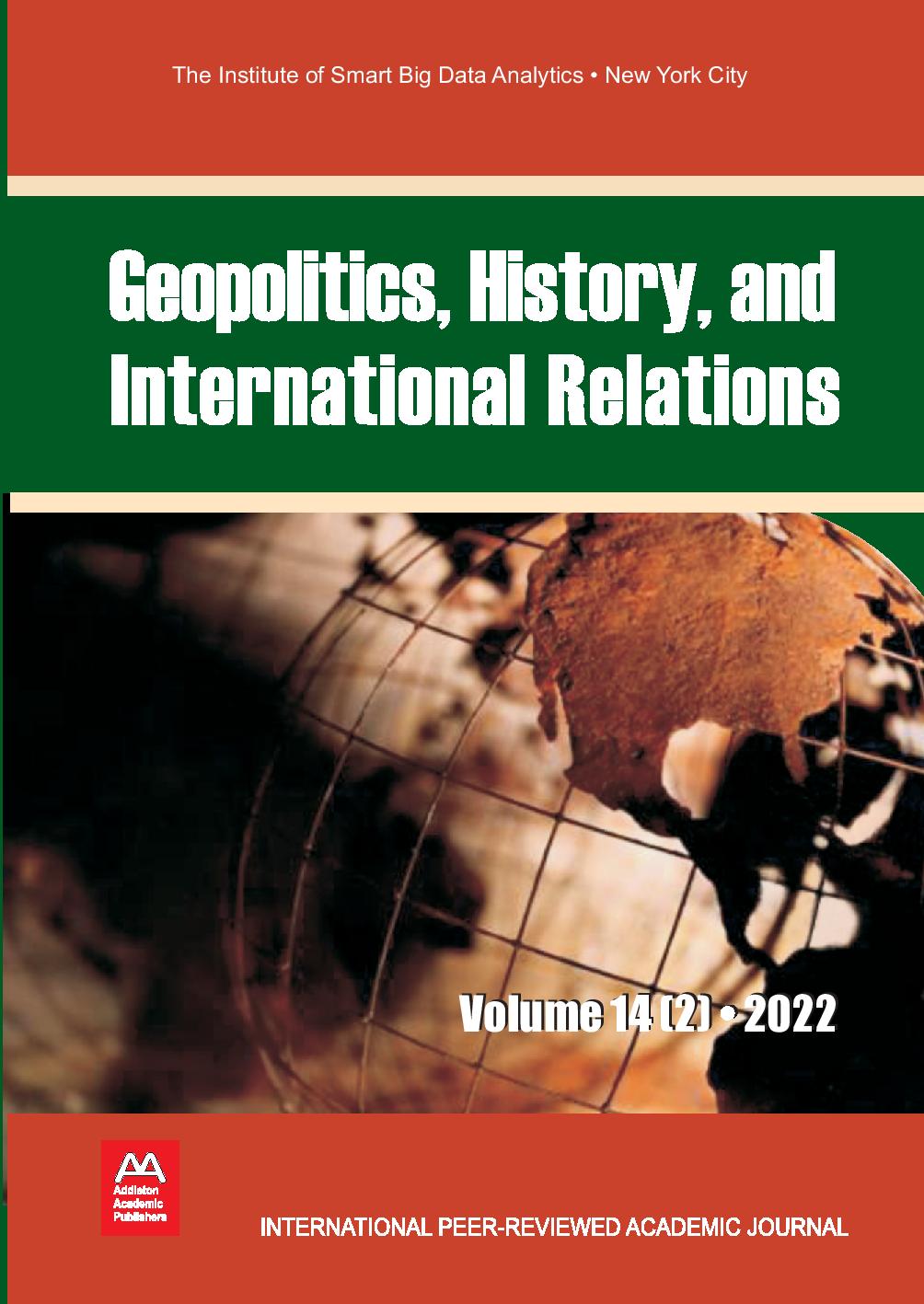The Geopolitics of Smart City Digital Twins: Urban Sensing and Immersive Virtual Technologies, Spatio-Temporal Fusion Algorithms, and Visualization Modeling Tools
The Geopolitics of Smart City Digital Twins: Urban Sensing and Immersive Virtual Technologies, Spatio-Temporal Fusion Algorithms, and Visualization Modeling Tools
Author(s): Zuzana Rowland, Juraj Cug, Elvira NicaSubject(s): Governance, Rural and urban sociology, ICT Information and Communications Technologies, Geopolitics
Published by: Addleton Academic Publishers
Keywords: geopolitics; smart city digital twins; urban sensing and immersive virtual technologies; spatio-temporal fusion algorithms; visualization modeling tools;
Summary/Abstract: Based on an in-depth survey of the literature, the purpose of the paper is to explore digital twin modeling, multi-sensor data fusion techniques, and geo- spatial mapping and virtual reality simulation tools. In this research, previous findings were cumulated showing that urban big data analytics harnesses spatial computing technologies, image processing techniques, and modeling and simulation algorithms, and we contribute to the literature by indicating that immersive virtual worlds develop on digital twin simulations, mobile wireless sensor networks, and urban monitoring systems. Throughout June 2022, a quantitative literature review of the Web of Science, Scopus, and ProQuest databases was performed, with search terms including “the geopolitics of smart city digital twins” + “urban sensing and immersive virtual technologies,” “spatio-temporal fusion algorithms,” and “visualization modeling tools.” As research published between 2021 and 2022 was inspected, only 170 articles satisfied the eligibility criteria. By taking out controversial or ambiguous findings (insufficient/irrelevant data), outcomes unsubstantiated by replication, too general material, or studies with nearly identical titles, we selected 24 mainly empirical sources. Data visualization tools: Dimensions (bibliometric mapping) and VOSviewer (layout algorithms). Reporting quality assessment tool: PRISMA. Methodological quality assessment tools include: AMSTAR, Dedoose, Distiller SR, and SRDR.
Journal: Geopolitics, History, and International Relations
- Issue Year: 14/2022
- Issue No: 2
- Page Range: 56-71
- Page Count: 16
- Language: English
- Content File-PDF

